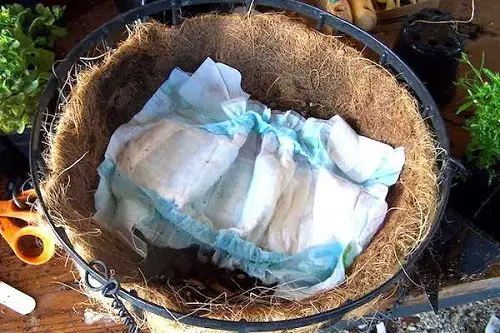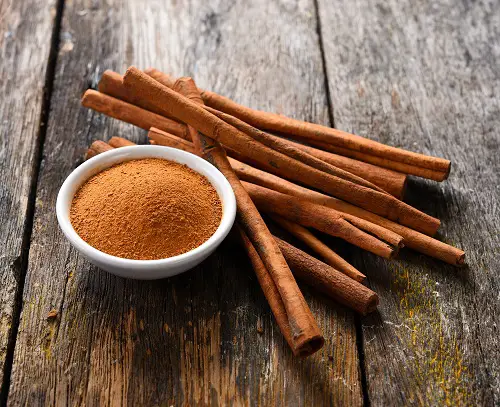Check out some Shocking Gardening Ideas You Should Try Once to boost the growth of plants with extraordinary results!
Ditch the traditional planting notions and discover some Shocking Gardening Ideas You Must Try Once for an abundant supply of healthy and nutritious harvest!
Find out some Fantastic Gardening Hacks here
Shocking Gardening Ideas You Should Try Once
1. Add Earthworms to Potted Plants
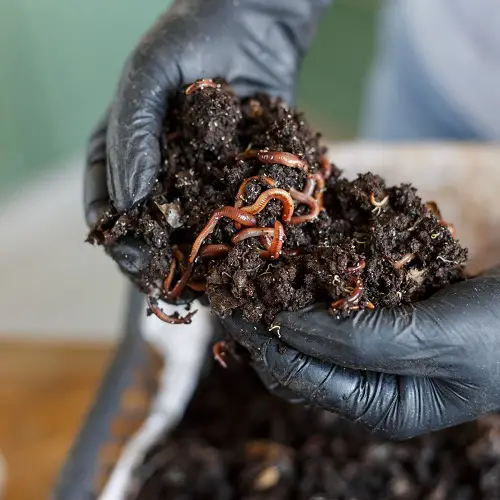
You can add beneficial earthworms like the red wrigglers to the soil in potted plants and feed them with decaying matter. Avoid adding earthworms to containers with tender plants or seedlings, as they can damage them.
Find out how earthworms help the soil here
2. Add Urine to Plants
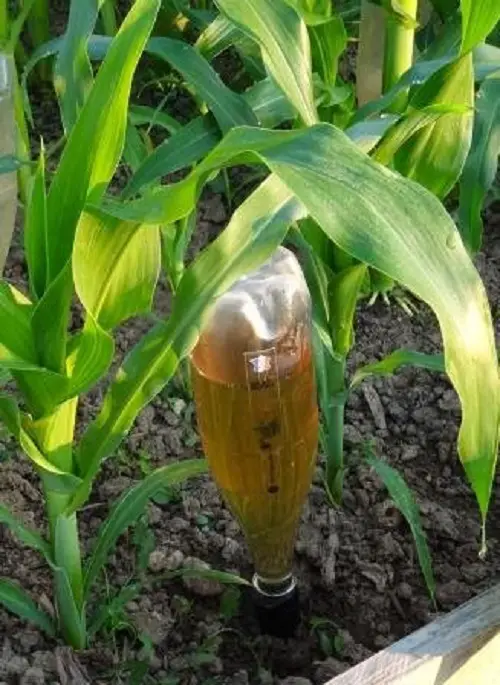
This shocking hack can make some people uncomfortable, but this idea is worth trying. Human urine is a potent non-toxic source of nitrogen, phosphorus, potassium, and other trace elements that boost plant growth.
You can use animal urine as well and apply it in the dilute form in a 1:20 ratio (1 part of urine diluted in 20 parts of water).
Find out about human urine uses in the garden here
3. Moth Balls
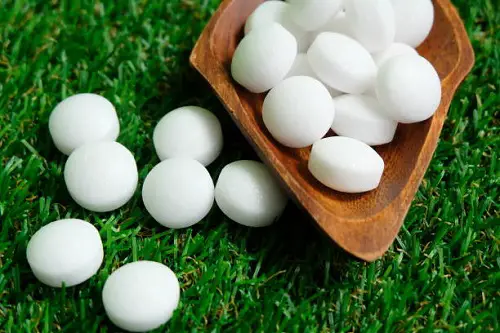
You can use mothballs in the garden to repel pests and critters; their vapors kill moths but do remember they are toxic, so keep them out of reach of pets and children.
4. Repel Rabbits with Urine
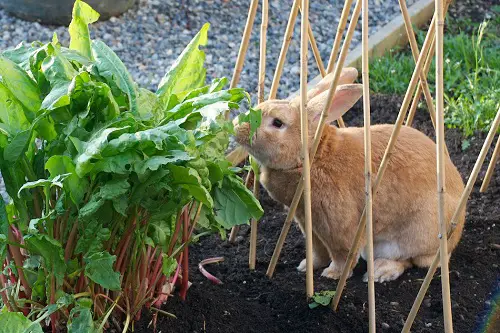
This hack sounds weird, but it works! Keep rabbits away from your veggies by sprinkling diluted cat or dog urine around your vegetable patch. It also works for deer and foxes if urine comes from a male.
Check out the best deer-resistant plants here
5. Mix Small Seeds with Sand for Germination
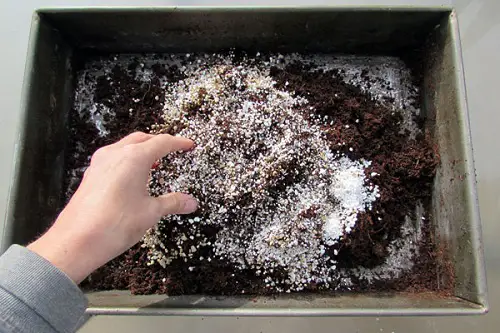
Small seeds are difficult to handle while propagation. To make it easy, mix them with sand before sowing. Combine a packet of seeds with around four times as much sand. Drop the mixture moderately beside the row or area where you want to plant.
Here are the best seeds to start in July
6. Water Plants at Night During Summer
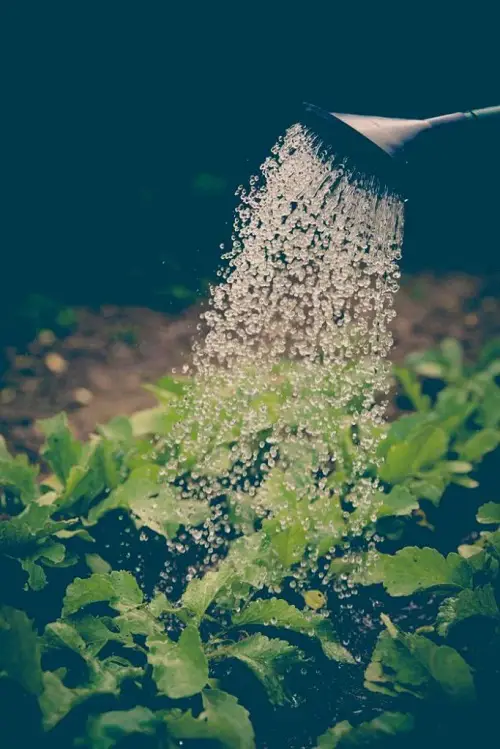
Watering the garden in the scorching heat of summer can make your plants dehydrated. The best time to water is in the peak of summer, is at night.
It will give the plant sufficient time to absorb the water before sunrise in the morning, whereas the low humidity at night diminishes the risk of diseases.
Check out the best watering hacks to follow here
7. Add Yogurt to the Soil
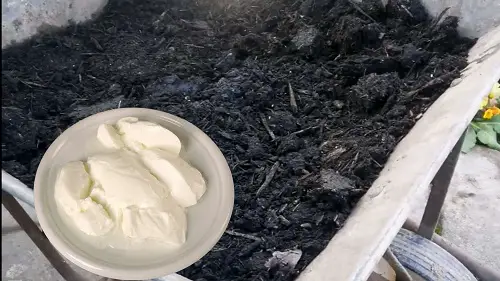
The magic of yogurt is not just restricted to your kitchen, but it can also do wonders for your plants as well. Yogurt can kill mildew, can be used as a fertilizer, and you can also add it to compost!
Mix 2-3 teaspoons of yogurt in the growing medium once in 2-3 months for best results.
Learn how to use yogurt in the garden here
8. Wipe Plant Leaves from Banana Peel
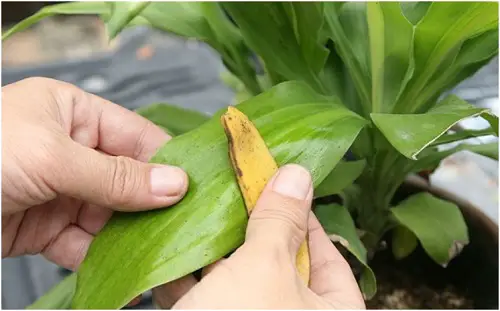
Let your large leaf plants shine more with this amazing hack! Use a banana peel and wipe the foliage gently. It will take away the dust and will put an instant shine!
Check out more banana peel uses here
9. Use Diapers
Diapers can be a life-saving hack for busy gardeners. Tear open a diaper and bury it into the potting hole. The hydrogels hold 10x water which can then be used by the plant. Also, the moisture-soaking cotton will be an add-on.
However, you must remember that this process is suitable for gardens and raised beds, not for container planting.
Check out the amazing diaper hack for gardening here
10. Use Cinnamon to Keep Fungus Away
Cinnamon is a potent ingredient that drives molds, mildews, and fungal diseases away. Mix a tablespoon of cinnamon powder with the potting mix and protect the plant from potential fungal and bacterial issues.
You can also soak cinnamon sticks in warm water overnight and strain the solution to spray on the fungus-affected plants, removing them.
Here are some awesome cinnamon uses in the garden
11. Use Some Blood
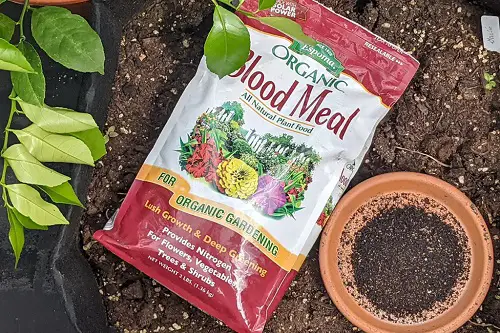
Not to fret! We are talking about blood meal, which is easily available in the market, or you may collect some from the slaughtering houses. An organic nitrogen fertilizer, blood meal is proven to improve soil quality, raise soil acidity, foster leaf growth, and improve overall plant health.
Side dress the heavy-feeding vegetable and flowering varieties with a teaspoon of blood meal at the onset of the growing season for an abundant harvest.
12. Use Vodka to Germinate Seeds
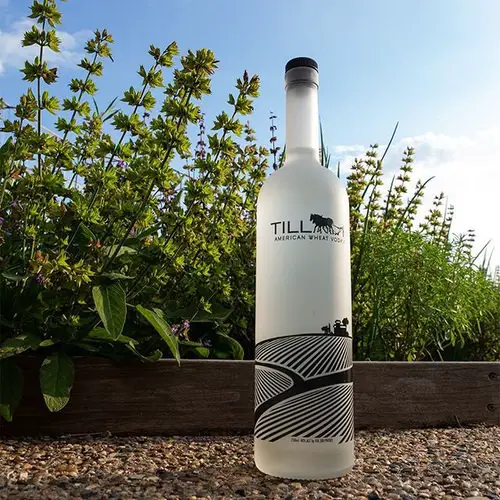
Mix half a teaspoon of vodka in a gallon of water and soak the seeds in this solution for 20-30 minutes. Rinse the seeds thoroughly with distilled or RO water before sowing. This will increase the germination rate by a considerable margin.
For more details, read our article here
13. Use Copper Coin to Deter Slugs and Snails
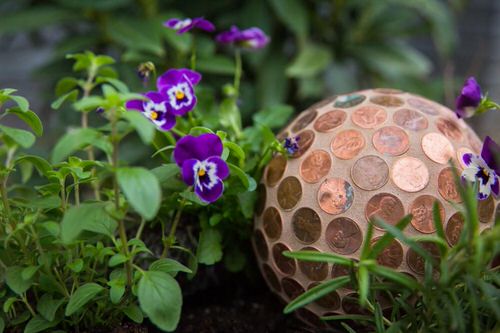
Use copper pennies in the garden to repel slugs and snails. This is because these pests are not safe from static shock and copper causes a similar reaction to them.
Keep them near the plants or in an area where slugs and snails are frequent. You can also use copper wires around the plants.
Read Surprising Penny Uses for Home and Garden here
14. Human Hair as Fertilizer
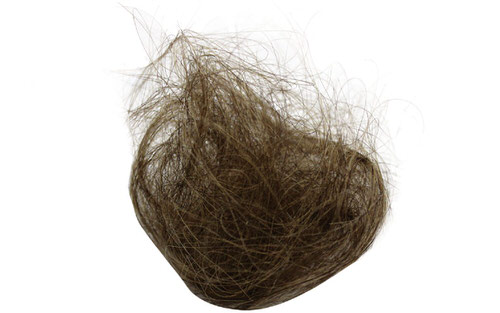
According to a report by the Oregon State University, Human hair contains 51% carbon, 21% oxygen, 17% nitrogen, 6% hydrogen, and 5% sulfur, which makes waste human hair a good source of organic fertilizer.
Mix a handful or more hair in the growing medium when planting. It will help the plants with better growth.


